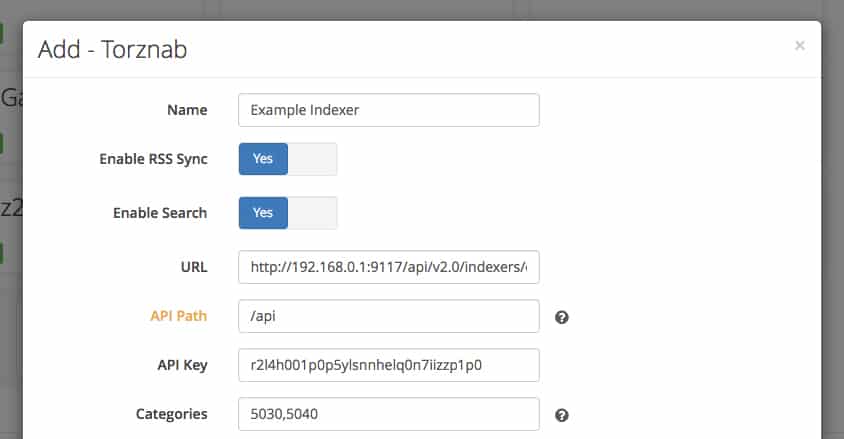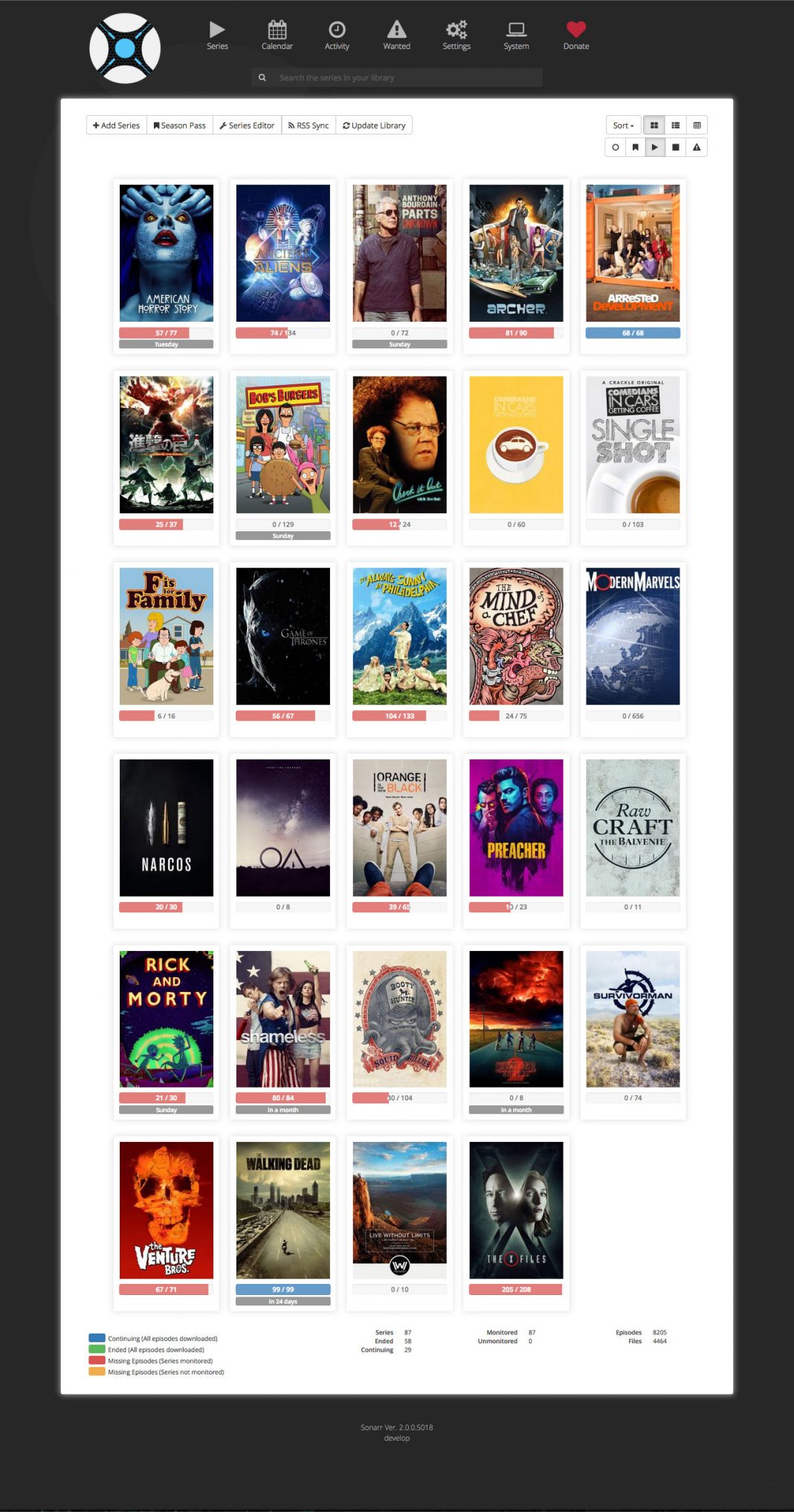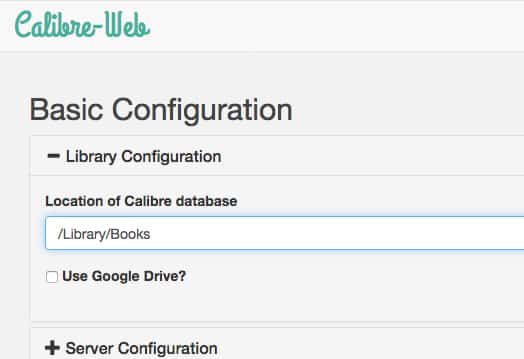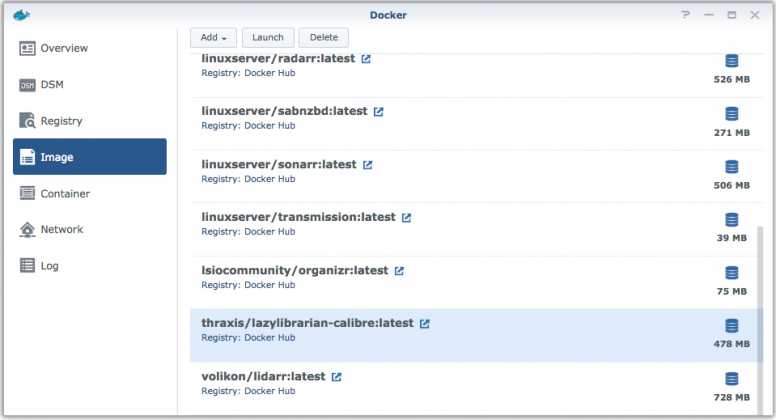

So if you want to expose Calibre Web and / or the Calibre GUI, use the reverse proxy within the Application Portal.

But then you would probably not do this in the first place. This is it to access everything from within your network. On the first run, you can set the directory you mapped your books to (e.g.


This image has the capability to set a user and password to protect access to Guacamole (the piece of software that acts as a virtual RDP client), enabling you to expose the full Calibre GUI if you are so inclined.TZ to your timezone, PUID and GUID to the owner of the files and directories of your books (use ls -l to find out) Set local ports to somewhere not conflicting with everything else, e.g.Still in volumes: map somewhere on your Synology files to /config - I put this next to my books directory.Map volume from your books directory on Synology to anything - in my case inspiringly /books.You may use linux server's docker container, see this - I also set up a new container with this image, which is actively maintained. While true do Zeit=$(stat -c%Y $Datei) # file change date echo " Watching $Datei $Zeit" rm -f $PIDDat # see /usr/bin/calibre-server -pidfile $PIDDat -port 8081 -disable-log-not-found -log $LogDat -max-log-size 2 /ebooks/eBooks & until ] do # wait sleep 5s done echo " Started, PID $(cat $PIDDat)" until ] do # Wait for change sleep 60s done echo " Change detected, stopping process" pkill -15 -F $PIDDat sleep 5s until ] do echo " Waiting for process to end" sleep 5s done Echo calibre-server startedĭatei=/ebooks/eBooks/metadata.db # DB-File to watch for changes


 0 kommentar(er)
0 kommentar(er)
